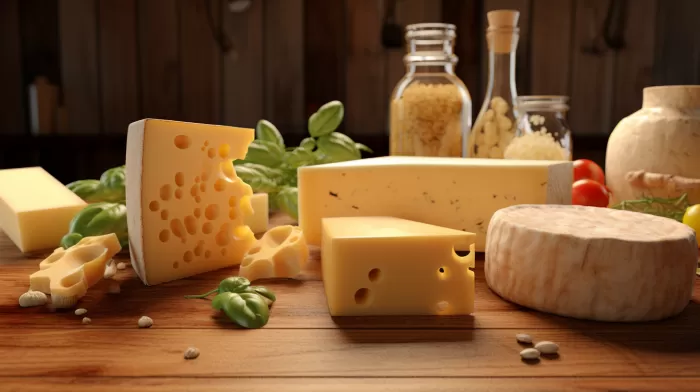Remember the news about the cheese company that claimed their parmesan products were 100 percent parmesan when they were actually a mixture of Swiss, mozzarella, white cheddar and… cellulose, also known as wood pulp? Thanks to a whistleblower, we now know that wood pulp is more common in our food than any of us ever imagined, especially in processed foods.
The Purpose of Wood Pulp
Wood pulp is the secret behind the long-lasting softness of store-bought grated cheese, the chewy texture of your favorite chocolate chip cookies, and the creamy thickness of ice cream. Additionally, fast-food chains often use wood pulp as a binding agent in buns, tortillas, and pancakes.
The U.S. Food and Drug Administration (FDA) has labeled wood pulp as a safe source of fiber in some cases, which is why it’s allowed to be used in food manufacturing. However, consuming large amounts of this indigestible fiber starch may result in “dietary bulk, reducing the nutritional value of food.” Furthermore, it could also exert a laxative effect.
Apart from the unappetizing side effects, a study published in the journal Nature found that wood pulp may also cause more serious problems. Chemicals found in food additives like wood pulp have the potential to alter gut bacteria, resulting in intestinal inflammation and increasing the likelihood of developing inflammatory bowel disease, metabolic syndrome, and significant weight gain.
These same chemicals have also been linked to various cancers, heart disease, diabetes, and a wide range of health problems. In fact, unexplained headaches, bowel troubles, or allergy-like symptoms could often be blamed on the problematic additives found in processed foods.
How to Avoid Wood Pulp in Your Diet
To avoid consuming wood pulp and other unnecessary additives, try incorporating whole and natural foods like fresh organic meats, fruits, and vegetables into your diet, which don’t require a label because they contain no added ingredients.
Following a paleo-style diet, for instance, eliminates processed foods and focuses on natural food sources, which could lead to a significant improvement in overall health and wellbeing. The absence of problematic additives such as wood pulp may also help alleviate common digestive issues like constipation, diarrhea, stomach pains, and bloating.
While completely avoiding wood pulp and other chemicals may be difficult, being conscious of your food choices and selecting whole and natural options whenever possible can go a long way in ensuring that you consume less of these potentially harmful ingredients.



